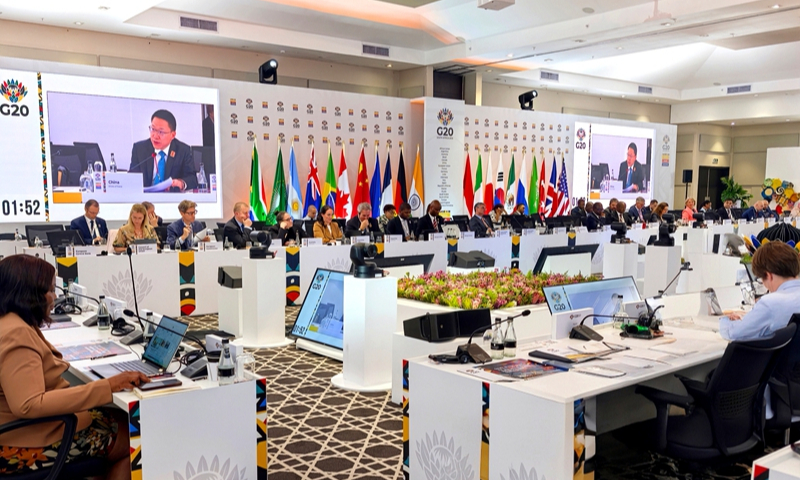Trump's Japan Trade Deal: A Blow for American Automakers?

President Trump's recent announcement of a new trade deal with Japan, involving 15% reciprocal tariffs, has sparked considerable debate and criticism. While touted as a victory, many analysts are questioning whether the agreement truly benefits American businesses, particularly the automotive industry. Is this deal a step forward or a setback for US competitiveness? Let's delve into the details and explore the potential consequences.
The Deal's Core: What's Changed?
The newly agreed-upon deal focuses primarily on agricultural products and digital trade. Japan has agreed to open its market to more US farm goods, and both countries have committed to strengthening digital trade rules. However, the crucial aspect for the automotive sector – tariffs on cars and auto parts – remains largely unchanged. This is where the controversy arises.
Why American Automakers Are Concerned
Prior to Trump's administration, the US had a relatively favorable trade relationship with Japan, particularly regarding automobiles. While tariffs existed, they were largely balanced. The new deal maintains a system where Japanese automakers face limited tariffs in the US market, while American automakers continue to face significant barriers when exporting vehicles to Japan. This imbalance creates an uneven playing field, putting American car manufacturers at a distinct disadvantage.
'Zero-D Chess': The Critique
Critics have labelled the deal “zero-D chess,” suggesting it lacks strategic depth and fails to address fundamental trade imbalances. The term implies a lack of foresight and a failure to truly benefit American interests. The deal essentially replicates the previous arrangement, but with a veneer of newness. A finance executive highlighted this, arguing that the deal effectively “shafted” American car companies by failing to secure meaningful concessions on auto tariffs.
The Bigger Picture: US-Japan Trade Relations
The US and Japan have a complex and vital trade relationship. Japan is a significant investor in the US economy, and both countries are key allies. However, persistent trade imbalances, particularly in the automotive sector, have long been a source of friction. While this new deal addresses some agricultural concerns, it leaves the core issue of auto tariffs unresolved. This failure to address this imbalance raises questions about the deal's overall effectiveness and its long-term impact on American manufacturing.
Looking Ahead: What's Next?
The future of US-Japan trade relations remains uncertain. The Biden administration is likely to reassess the deal and potentially seek renegotiations to address the concerns of American automakers and other industries. The complexities of trade negotiations, coupled with geopolitical considerations, will make any future adjustments challenging. However, the need for a more balanced and mutually beneficial trade relationship is clear.
Ultimately, the success of this trade deal will be judged by its impact on American jobs and economic growth. While it may offer some benefits in specific sectors, the lack of progress on auto tariffs raises serious questions about its overall value for the US economy. The debate surrounding this deal underscores the importance of strategic trade policy and the need for agreements that truly benefit all parties involved.






